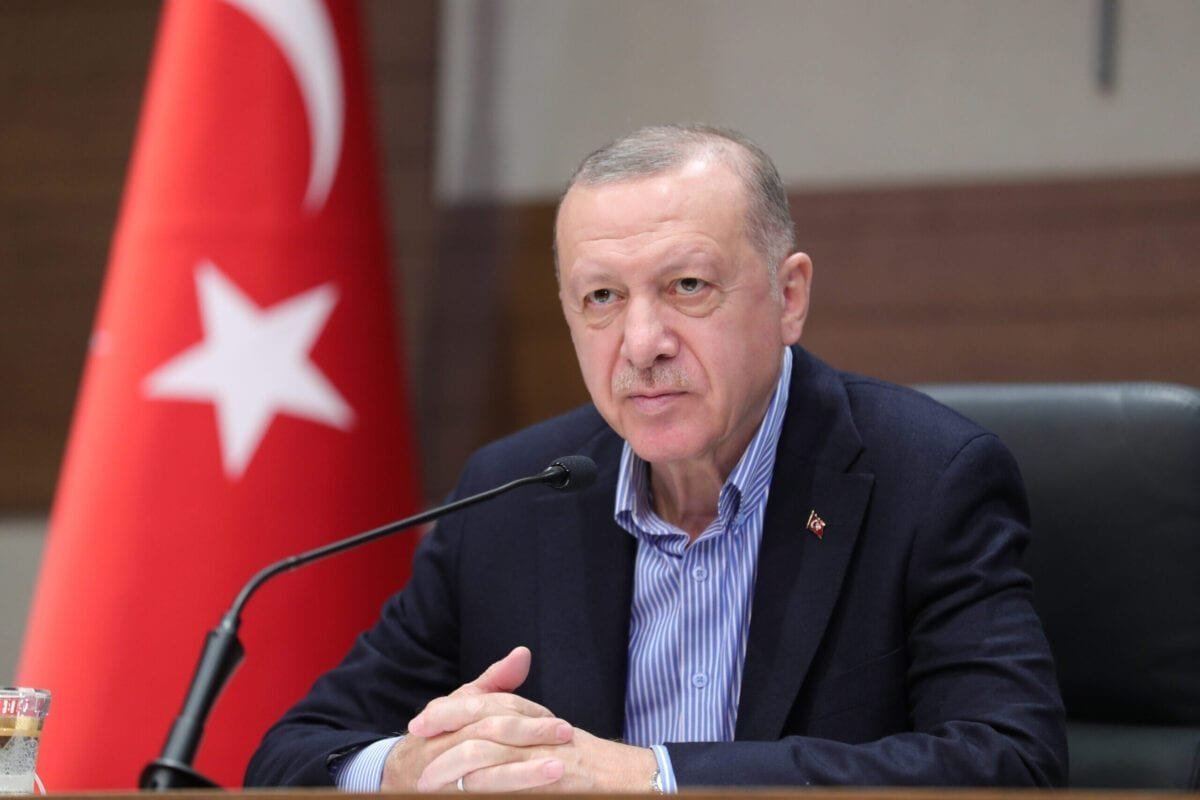Palestinian Radio Stations Broadcast Under Fire
Such radio stations have recently spread all over the occupied Palestinian territories and have managed to fulfill the needs of Palestinians to know the urgent news.
These FM or short wave stations depend on a number of correspondents in the different areas to make direct coverage of daily events.
The significance of those radio stations extended to warning Palestinians on air against the Israeli military aircraft movements upon approaching their locations in order to take immediate precautions.
During the latest Israeli devastating sweep on Rafah that started May 17 and lasted for over a week, the local radio stations have performed unique relief missions, as they played a meddling role between relief agencies and Palestinian citizens whom they kept informed of the locations of the relief crews.
However, such stations have been repeatedly criticized for committing many mistakes, particularly terrifying citizens with pieces of news that later prove to be false.
Among those mistakes is transmitting names of Palestinians, who are supposed to be killed or wounded; then such pieces of info appear to be untrue.
A large number of local stations currently operate in the West Bank and Gaza Strip. There are 29 of them in the West Bank and only nine in Gaza Strip. The professionalism and capabilities of each station depend on the bodies supporting it.
Amateur Stations
Media associate professor in Al-Aqsa University Dr. Hassan Abu Shanab defines Palestinian local stations as being "experimental job performed by a group of zealots who like development and production; yet they lack guidance and practice."
"Those stations should reconsider their performance and missions through a supervising specialized committee that support and push them towards the professional media work field," Abu Shanab has told IslamOnline.net.
Abu Shaban divided local radio stations into "Classes like Youth and Laborers stations, Ideologies like the pro-Hamas Voice of Al-Aqsa and commercials like Alwan, Al-Manar and Al-Hurriya radio stations as well as some specialized stations like that of the Holy Qur’an."
The first three classes of those stations focus on transmitting news on Israeli incursions and confrontations between the occupation troops and resistance groups.
Training Centers
The Palestinian expert has found those radio stations as "broadcasting training centers for newly graduated media people to find a job opportunity," adding that "in case they remain so, this will be a negative aspect."
Rizq Al-Biary, director of the local "Laborers’ Voice" in Gaza, calls upon radio stations to "be reliable and think over before airing news," reiterating that "the enthusiasm of correspondents has negative effect particularly with regard to transmitting the names of martyrs before even making sure of the truism of the news."
"As a laborers radio station, we are unique as we adopt an intellectual attitude and a national mission concerned with the affairs of Palestinian laborers. There are commercial stations that do not adopt any attitude. Hence, we find no rivals in the field of laborers issues, for example," he added.
Citizens’ Requirements
On his part, Jihad Abu Halib, head of the Voice of Youths, says that his radio station has recently managed to develop its performance in covering the latest Rafah events through three correspondents.
"We have made a coverage of the whole event. We also fulfilled the needs of Palestinians for information on the urgent news," Abu Halib told IslamOnline.net.
"The radio station has not only covered events but turned during Rafah events into a bridge between the public and relief agencies, as well as local agencies," he pointed out.
"We have managed to link those lost with their families and provided direct assistance to residents through contacting emergency rooms and the Red Cross and inform them on certain cases," he said.
On the criticism leveled against local broadcasting stations, Abu Halib reiterated that "most mistakes are due to people who made use of such stations," adding "mistakes are probable in the broadcasting field. In case news is true by 80% and false by 20%, then this would be great achievement."
Pioneering Experiment
BBC correspondent in Gaza Fayed Abu Shamala says that "local broadcasting stations are still new and those in charge should develop their work professionally."
"Local stations are good so far. Yet, on the professional level, they still need great development to be able to prepare news programs and reports with high level of professionalism," he told IslamOnline.net.
"The actual competition fields are the broadcasting production, professional radio programs and boosting humanitarian values in the community through objective programs that abide by the ethics of broadcasting," he added.
It is worth noting that Palestinian broadcasting work has started in 1936 when "This Is Al-Quds" radio station was inaugurated to be followed in early 1940s by the "Near East" station.
Yet, both stations have ceased to operate following the 1948 Israeli occupation. The first radio station to be set up again has been in 1993.
Private broadcasting stations have only appeared in Gaza during the recent Al-Aqsa Intifada that has started in September 2000, as the Palestinian Authority has refused to grant licenses for private stations.
Yet, several agencies have made use of the license granted to the "Voice of Freedom" station, affiliated to an offshoot of the Fateh Movement, and set up several broadcasting stations without even getting licenses so far.

